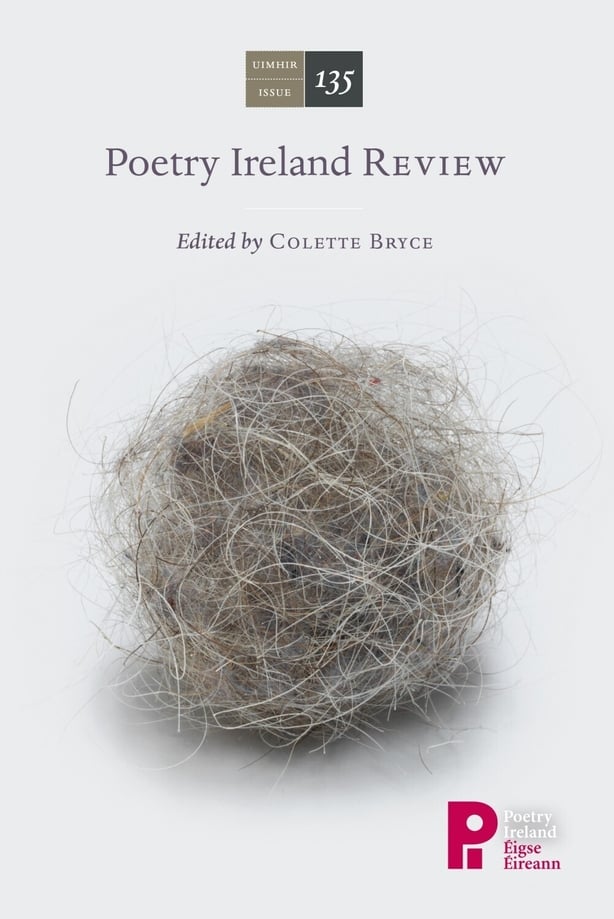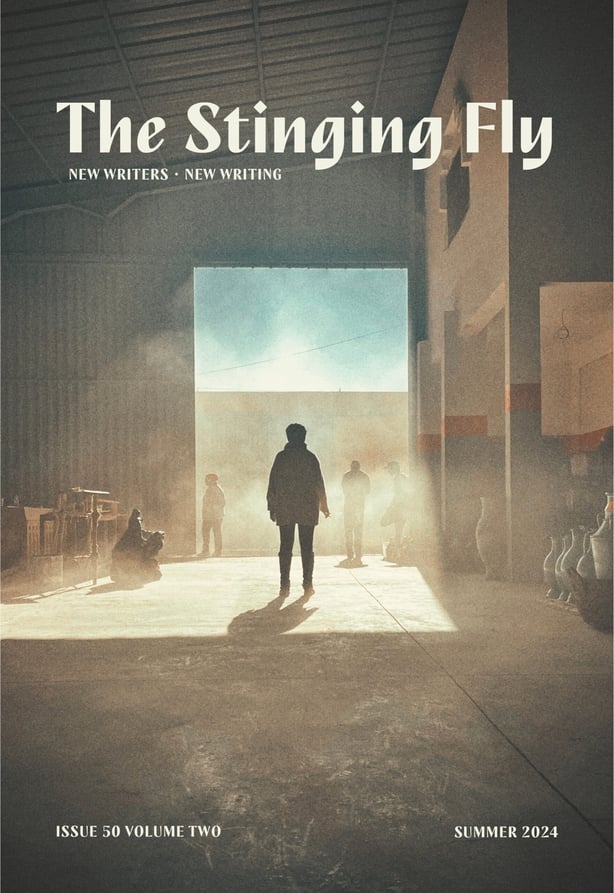One of the most frustrating things about trying to break into the writing game is having to listen to the advice of people who have already made it.
They'll tell you to be patient. They’ll tell you that with talent, persistence and a little luck, anyone determined enough will eventually have their day. All of which is fine and may actually be true, though it trivialises for many what can often be incredibly difficult in the moment. Not all of us have the luxury to be persistent, and there are a myriad of reasons why this should be so: Financial pressures, the responsibilities of being a parent, disabilities which take up so much of our time and energy that devoting ourselves wholly to the pursuit of one thing is not only undesirable, it seems nigh on impossible.
Watch: Demystifying Submissions: Ireland's literary journal editors in conversation
What those writers miss, therefore—well-meaning as their advice may be—is that support structures need to be in place to facilitate that necessary persistence. Funding from public bodies is one crucial strand of this. Being able to plug into a network of like-minded artists and writers who are struggling with the same thing is another. But perhaps one that doesn’t get talked about enough is the role of literary magazines; those places we submit to when we’re finally ready to share our writing with other people, which give us the ego-boost we need that we’re on the right track.

One of the great things about being a writer in Ireland is that a fairly extensive network of literary magazines and journals already exists, catering to almost every strand of bookish endeavour there is.
There are stalwarts like Poetry Ireland Review, Cyphers and The Honest Ulsterman—catering to poetry—which have been around for years and introduced us to some of the most important Irish poetical works of the late twentieth and early twenty-first centuries. There's New Irish Writing, which gives both poets and short story writers their first opportunity to see publication in a national newspaper, The Irish Independent. There’s The Dublin Review for serious and high-minded fiction and creative non-fiction. Tolka for new and exciting takes on the essay and memoir forms. And The Stinging Fly, of course—catering to all of the above—which has introduced us over the years to the likes of Kevin Barry, Colin Barrett, Claire-Louise Bennett and Nicole Flattery.

I give special mention to The Stinging Fly because, since its formation in 1997 by Aoife Kavanagh and Declan Meade, a kind of punkish, DIY magazine industry has sprung up in its wake, with the result being that Ireland is now touted as one of the most fertile breeding grounds for the creation and dissemination of literary art. Frustrated by the lack of publishing opportunities in the UK and beyond, budding editors—many of them also writers themselves—have built an infrastructure so collectively welcoming to new writers that an ironic inversion of sorts has started to happen. Now it is not just Irish writers submitting to these magazines, but regular contributions from other jurisdictions as far away as South East Asia and even from places like the UK and US with strong English-speaking journal cultures of their own.
Issue Five of The Pig's Back is bringing the summer vibes.🌞Featuring writing from @LatifaAkay, Kevin Breathnach, @KCampanello, Laura Cassidy, Gary Grace, @fornothingIsay and Alexandra Ye.
— The Pig's Back (@ThePigsBack1) June 26, 2024
Now available for pre-order. Link below! 🐷 pic.twitter.com/CtpVBSE6Wm
Today, there are dozens of publications in Ireland which have become as competitive during their submissions windows as any other internationally renowned journals. The likes of Banshee have even started publishing books since the beginning of their tenure in 2014, bringing lauded, award-winning texts from respected authors and introducing them to the wider books world. In 2024, Banshee’s flagship poetry title High Jump as Icarus Story by Gustav Parker Hibbett was nominated for the prestigious TS Eliot Prize. They have published other critically-acclaimed titles by well-respected authors such as Dylan Brennan, Lucy Sweeney Byrne and Mary Morrissey, and show no signs of slowing down on their considerable ambitions. Donegal-based prose journal The Pig’s Back was founded during COVID lockdown in 2021 by fiction writer Dean Fee and poet Emily Cooper, and since then they have published new material by the likes of Roisín Kiberd, Megan Nolan, Kathryn Scanlan and Tim MacGabhann.
It’s no exaggeration to say that if Irish creative writing is held to the same standards of rigour as the world of academia, there are any number of opportunities to have one’s work peer-reviewed in publications which have carved out a respected niche for themselves.
For many, having their writing accepted by a publication will be the first time that they have been paid for the delivery of their own ideas, the first time they will received any affirmation that what they're doing isn't frivolous or stupid, and they’ll feel that they have somehow committed themselves to the right path. That feels good and it should always be encouraged.


